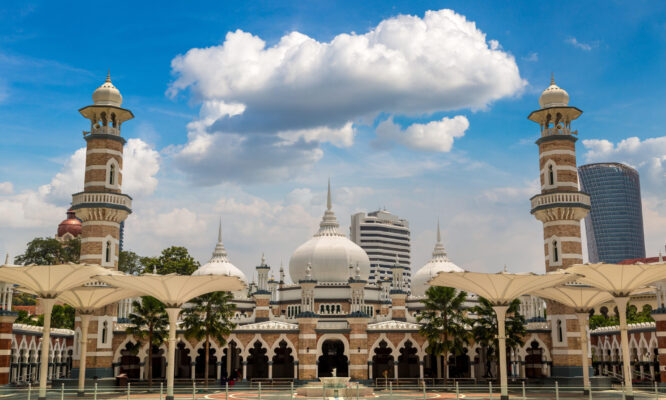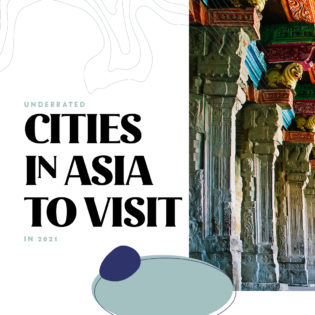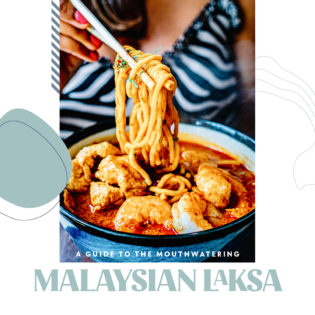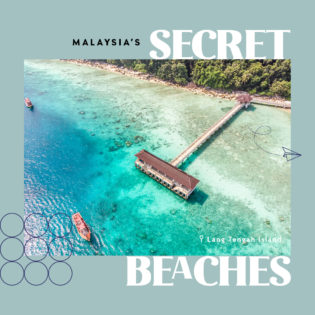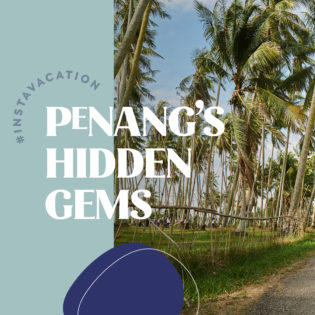The 15th day of the Lunar New Year, or Chap Goh Mei, is celebrated with a unique ritual of tossing Mandarin oranges into the sea
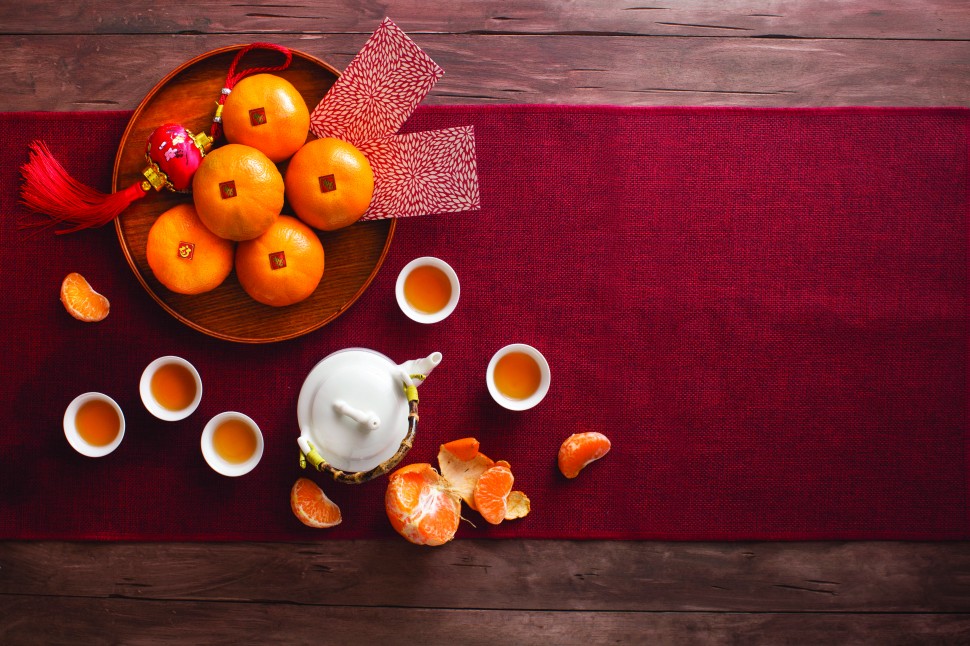
The fifteenth and final day of the Lunar New Year festival is the grand finale of the festivities. Regarded as second only to the reunion dinner in terms of importance to the Chinese, celebrations can vary widely from region to region.
Some communities practise a custom called zou bai bing (literally, walk away the diseases in Mandarin) that advocates going out for a walk on the auspicious day to ward off diseases. In China, Taiwan and Hong Kong, celebrants eat tang yuan, a round-shaped rice dumpling that symbolises family togetherness, and children carry lanterns at night – rituals reserved for the Mid-Autumn Festival among the Malaysian Chinese diaspora.
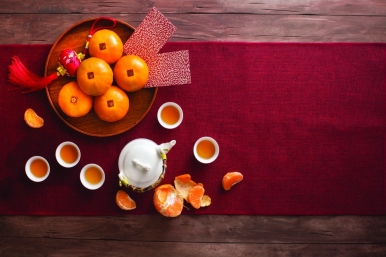
One ritual that may be unique to Malaysia is the act of throwing mandarin oranges into the sea as a way for young ladies to find their soulmates. Predominantly carried out by the Hokkien community, the practice originated in olden times when single ladies were only allowed to venture out of their houses once a year on Chap Goh Mei (meaning 15th night in the dialect). Hoping to catch the attention of potential suitors, the girls would dress themselves in their finery and head to the seafront to cast the fruit, under the watchful eye of their chaperoning aunts, of course.
Dubbed the Chinese answer to Valentine’s Day, Chap Goh Meh is celebrated throughout Malaysia where there is a sizable Chinese population. For a number of years now, people in the Greater Kuala Lumpur area flock to the Taman Jaya public park to partake in a lakeside carnival. In southern Melaka state, past celebrations took place at the quayside; one year, festivities even included a grand boat procession through town.
In terms of consistent scale and pomp, however, it’s hard to beat Malaysia’s northern Penang, where Chap Goh Meh is a state-wide annual celebration that falls under the purview of the Penang State Tourism Council. Other than the actual orange-throwing ceremony that takes place at the Esplanade, a sea-facing promenade that houses Penang’s oldest historical structures, revellers can expect street food bazaars, a grand fireworks display and cultural shows, including the unique-to-Penang dondang sayang float.
In this highly anticipated event, members of the Baba Nyonya community – descendants of early Chinese settlers who drew major cultural influences from local Malay and Chinese heritage – dress up in traditional finery and travel through major landmarks in George Town city, singing dondang sayang, a genre of Peranakan love ballad, atop a gaily decorated bus.
The tradition can be traced back to the 1920s, according to Lillian Tong, Vice President of State Chinese (Penang) Association and Museum Director of the Pinang Peranakan Mansion. Part of the float since 2004, she shares, “Back then, dondang sayang minstrels would ride in bullock carts, before moving on to open-top cars and eventually buses, serenading revellers on the streets during Chap Goh Meh.”
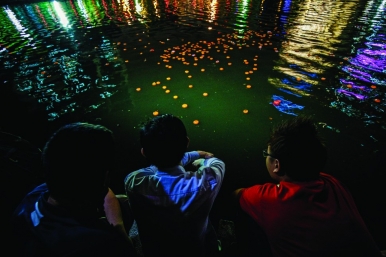
Invariably, Chap Goh Meh traditions have evolved to reflect the passing of time. “During my childhood, my maiden aunts threw their oranges into the waters of seven bridges on the island, rather than at the Esplanade seafront itself. In earlier times, people had to bring their own oranges, but today, oranges can be bought at stalls near the venue. Today, young girls can write their email addresses and phone numbers on the oranges, so whoever picks up their orange will get in touch with them,” observes Lillian.
Sharing a tip, she says, “Before they cast their oranges, it’s good luck to say, ‘Tim kam than ho ang’ which in Hokkien means ‘throw Mandarin oranges, you get a good husband.’”
In recent years, men have also joined in the fun, throwing bananas instead of oranges. If we can improve our romantic luck while having fun, why not?
Chap Goh Meh takes place on March 2 this year.
